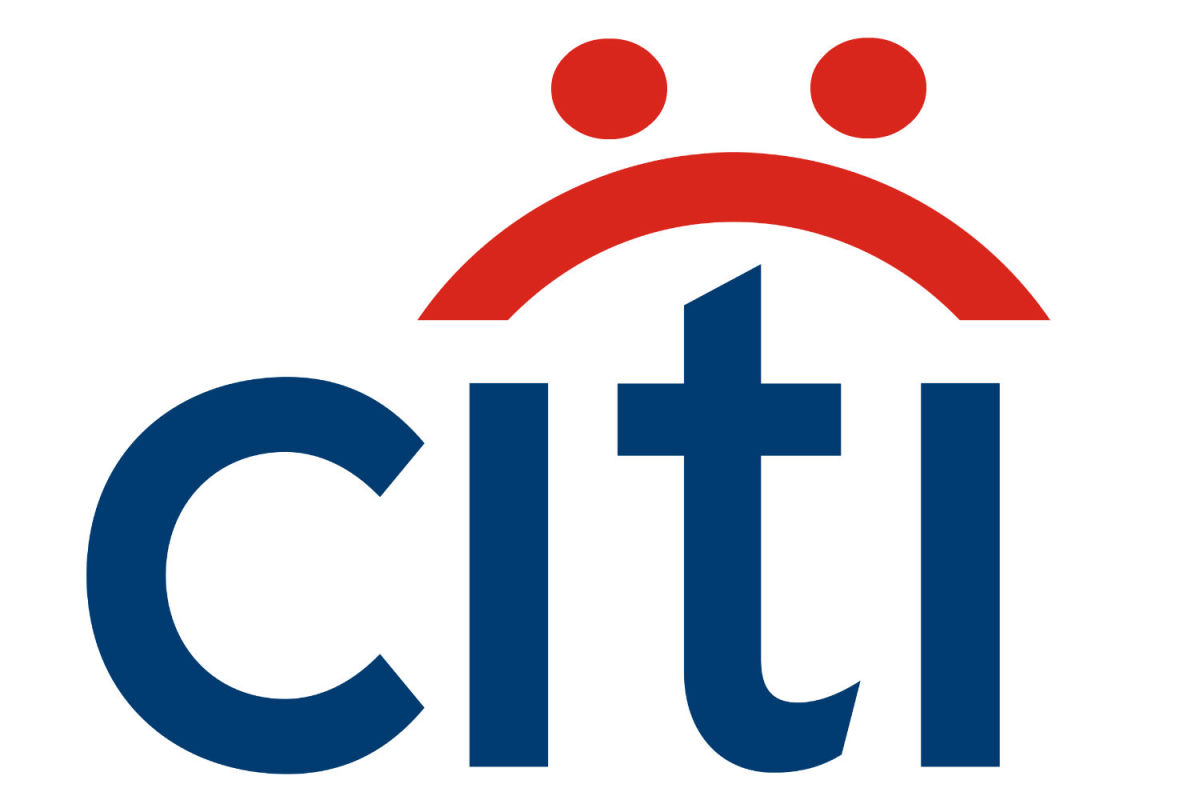
Whatever the precise facts of Citigroup’s sending the better part of a billion dollars to a group of hedge fund creditors of one of its clients—and those facts are very much in legal dispute at the moment—it’s pretty clear that the bank screwed up royally. Whether this mistake is the sort that would allow Citi to compel those hedge funds to give the money back, a matter about which the judge overseeing the aforementioned litigation is a bit dubious, it’s safe to say that the transfer was in some degree unintentional. For one, banks don’t usually pay client creditors with the banks’ own money. For another, they don’t usually pay creditors of financially-distressed companies in full three years early without some indication in advance, and indeed usually wait for a court order when they’re sued about it—not simply the initial court filing. For yet another, payments such as these tend to happen on specific, recurring days of the month, and not just whenever. Finally, Citi admits it fucked up—although exactly how it’s frankly not yet sure—an admission of incompetence gigantic financial institutions are not generally eager to make and a reputational blemish they’re not usually keen on displaying so loudly and publicly.
Indeed, it’s the kind of groaning stupidity and ineptitude that might well make another large and sophisticated financial institution reconsider its dealings with a bank, especially one which was in the process of closing a $400 million collateralized loan obligation with that bank, and especially one with such first-hand experience of Citi’s rather rickety and slapdash systems and internal controls. But no: Brigade Capital Management, beneficiary of an unexpected if appreciated $170 million early loan repayment, isn’t the side that backed out of the CLO. In fact, it would for some reason love to continue to do business with its demonstrably unfit one-time partner.
“Though our fiduciary duty to our clients has put us into conflict with Citibank relating to their role as agent on the Revlon Term Loan, Brigade has not sought to limit any other business or trading activity with Citibank as a consequence of this specific disagreement,” a spokeswoman for Brigade said.
And really, why would they? Doing so might be interpreted, legally speaking, as an acknowledgment that Citi made the kind of mistake that, legally speaking, might require Brigade to give the money back. Plus, those Citi fellows are such good chaps. Until recently, anyway.
Mr. McLaughlin and other Citi executives, who last winter attended a Brigade holiday party at a restaurant overlooking Manhattan’s Central Park, threatened in August to sue anyone refusing to return the money, people familiar with the matter said. Some lenders offered to give Citi the money back on the condition that the bank would forfeit the funds if it lost in court. Citi refused, people familiar with the talks said.
The bank ultimately sued Brigade and about a dozen other lenders that haven’t returned the money. A trial is expected to begin in November.

